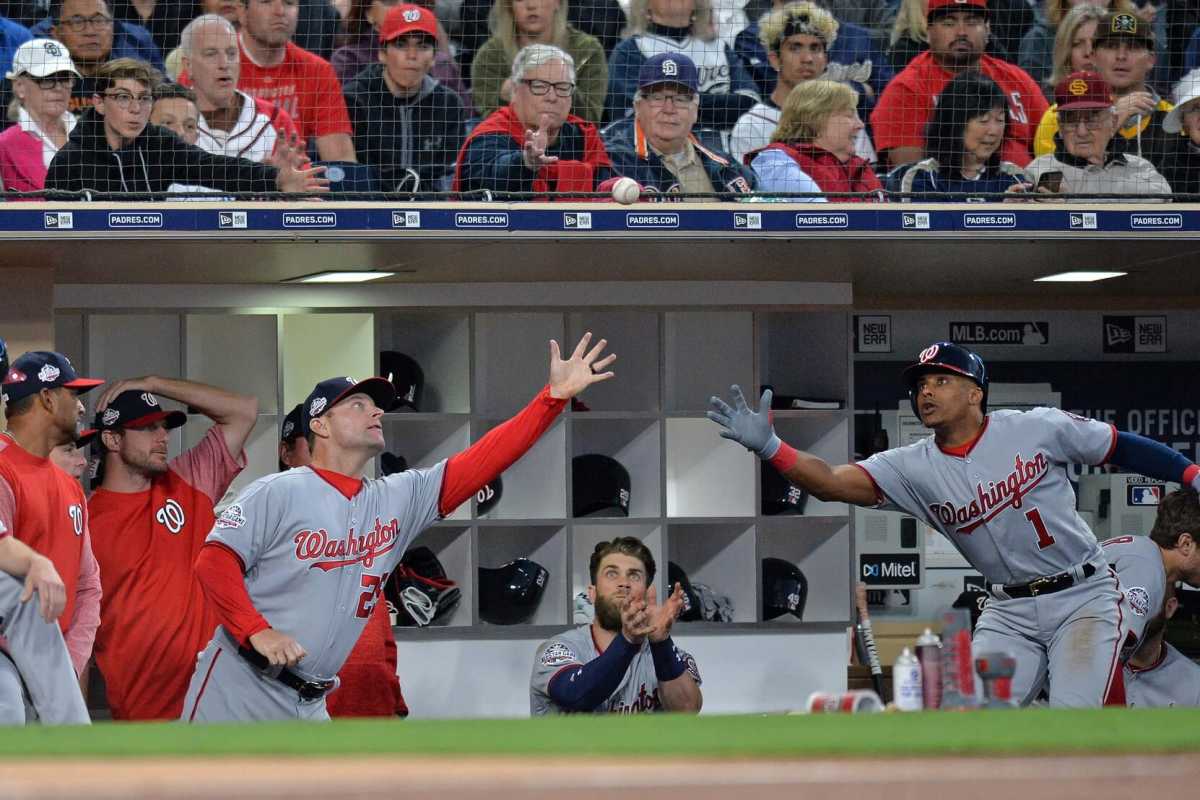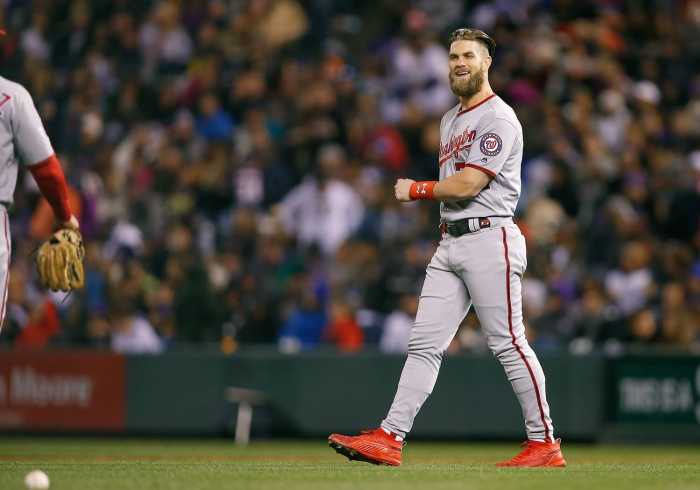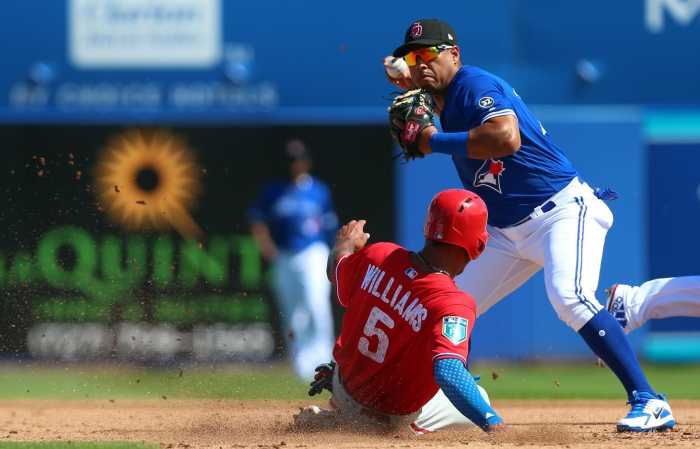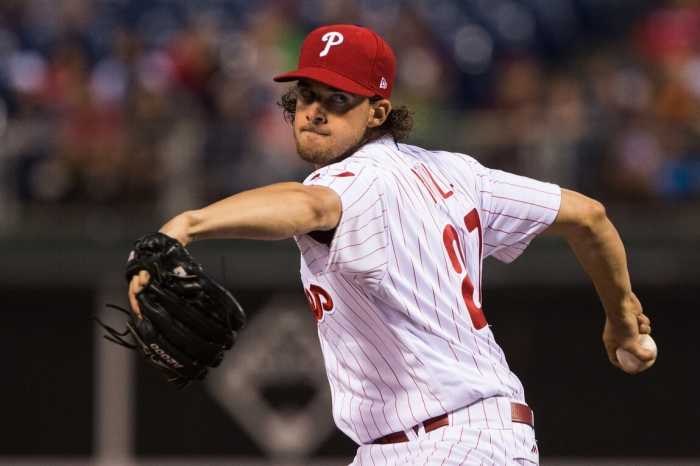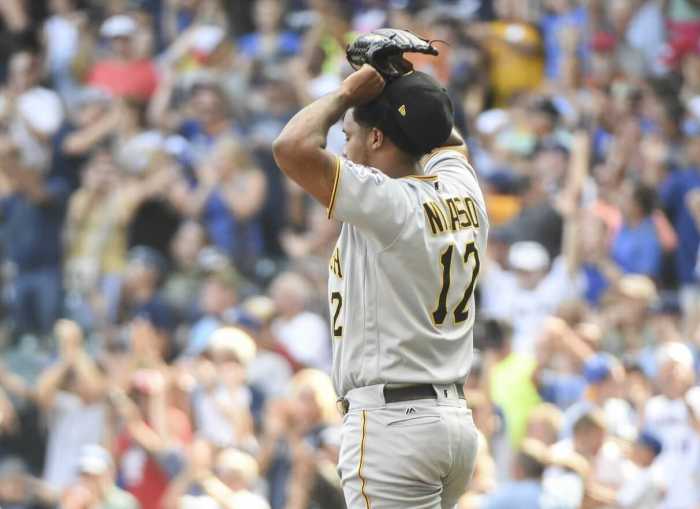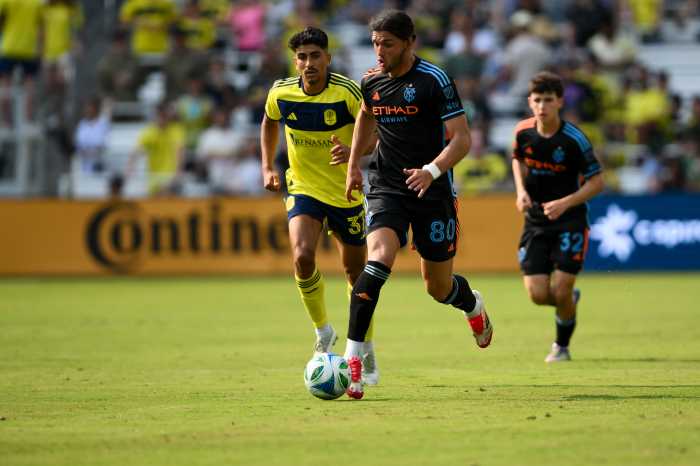After becoming blasé with and releasing ex-manager Gabe Kapler, amongst others in the team staff, earlier this offseason, the Phillies front office has been diligent in filling out their personnel vacancies. Candidly, they’ve been a little more than just diligent. I’d dare say GM Matt Klentak and Co. have done an exceptional job of assembling the proper crew to right the ship in Philly. Former Manager of the Year (2006) and WS Champ (2009) Joe Girardi was hired as manager last month. Not too long after, Bryan Price, who spent a brief stint as Reds manager from 2014-2018, was brought on a few weeks ago as the Phils’ new pitching coach- a role he’s much more accustomed to.
Now, having already filled two of their most important staff vacancies, the Phillies have decided on a new hitting coach as well. Veteran bat-whisperer Joe Dillon will get another crack at being a lead hitting coach again in Philly, the team announced on Wednesday.
Most recently of the WS Champion Washington Nationals, Dillon is a forward-thinking, analytically-driven coach with a knack for finding abstract ways to advance.
In addition to traditional teachings and his batting experience from his collegiate and minor league playing careers, Price leans on cognitive-skill based exercises to get the most out of his hitters. This novel style of teaching stems from the findings of scientists Brandon Ally and Scott Wylie, who co-founded SportsSense, a company that specializes in quantifying the set of cognitive skills brains use to perform split-second decisions. Ally received his Ph.D. in neuropsychology from the University of Southern Mississippi in 2004 and completed postdoctoral training in cognitive neuroscience at Harvard Medical School and Boston University. Wylie took a similar route and received his Ph.D. in cognitive neuroscience and neuropsychology from Indiana University in 2002 before the two met whilst working at the University of Vanderbilt.
Previously unquantifiable when evaluating athletes, the data discovered by SportsSense has already begun to revolutionize the industry. Founded a mere five years ago, the data-crunching company has already expanded its clientele to numerous college football teams, a few D-I baseball clubs, two NFL franchises, and five MLB teams(!).
“We bring cognitive principles and they apply it,” said Wylie, who now serves on the University of Louisville faculty along with Ally. “It’s taking the guesswork out of understanding what players are seeing.”
Their findings trickling into the baseball arena, of course, is what led to their discovery by the freshly-minted Phillies hitting coach Joe Dillon. Dating back to his time as hitting coordinator for the Miami Marlins minor league affiliate, Dillon worked with Paul Phillips, who was serving as their Triple-AAA batting coach. Prior to his time with Miami, however, Phillips worked for the Lipscomb University, SportsSense’s first baseball client, where he was introduced to their data.
Dillon was incredibly impressed with the methods of SportsSense, who later became official partners of the Marlins, and quickly sought out ways to integrate them into his coaching. In Miami, profiles were created for each willing player based on information derived from their tendencies- chase rate, contact rate in the strike zone, etc. Dillon used the aforementioned data and built specific drills for his players based on the findings in an effort to improve their cognitive skills.
One of the key methods Dillon specializes in is creating game-like conditions during practices for his players- a regular occurrence in most sports but still relatively novel in baseball.
“We’re the only sport in the world that doesn’t train at game-speed,”
Dillon noted in an interview conducted by the Washington Post. Now with access to formerly intangible data from SportsSense at his fingertips, Dillon has begun to bridge the gap between conventional and analytical methods at the plate.
Last spring, Dillon incorporated specialized pitching machines that can fire a variety of pitches from different planes and angles. The goal of the exercise is to make the batter more selective at the plate, as opposed to having them repeatedly hack at successive pitches during a session.
“If you think traditionally how we train, it’s swing, swing, swing, and then they go tell you to be patient in the game,” Dillon said. “So we’ll work
on saying, ‘No.’ There’s a process to saying, ‘Don’t swing,’ just like there’s a process that says, ‘Swing.’”
Dillon also introduced an exercise where the batters face the same pitch from different ranges, moving methodically closer and further away from the machine throughout the training. Veteran infielder Matt Reynolds has credited the unique exercise with slowing the ball down for the batter and Nats slugger Matt Adams also praised the exercise with improving his plate discipline.
These exercises, along with many other innovative techniques by Dillon, will now be implemented in Philadelphia- where it is desperately needed. Last season, the Phillies offense ranked in the bottom half of the league in hits, batting average, and home runs. They also barely finished slightly above that ledger in runs, finishing with the 14-most.
Needless to say, the offense could use a facelift and the creative tutelage of Dillon may be the remedy such a change requires. Now partnered with skilled batters Bryce Harper, J.T Realmuto, Jean Segura, Andrew McCutchen, and Rhys Hoskins, Dillon has the opportunity to oversee the most loaded bunch he’s coached in a while.
It remains to be seen just how well, or even if, Dillon’s techniques will be received in Philly, but it’s hard not to consider this a home run hire by the Phils. In Dillon, the Phillies add yet another veteran coach known best for his ability to garner instant results and a firm understanding of the ever-developing analytic arena. Now partnered with the veteran Girardi in Philly, Dillon will look to do his part reviving the offense and ending the Phillies’ lengthy postseason drought.
Mandatory Credit: Jake Roth-USA TODAY Sports

